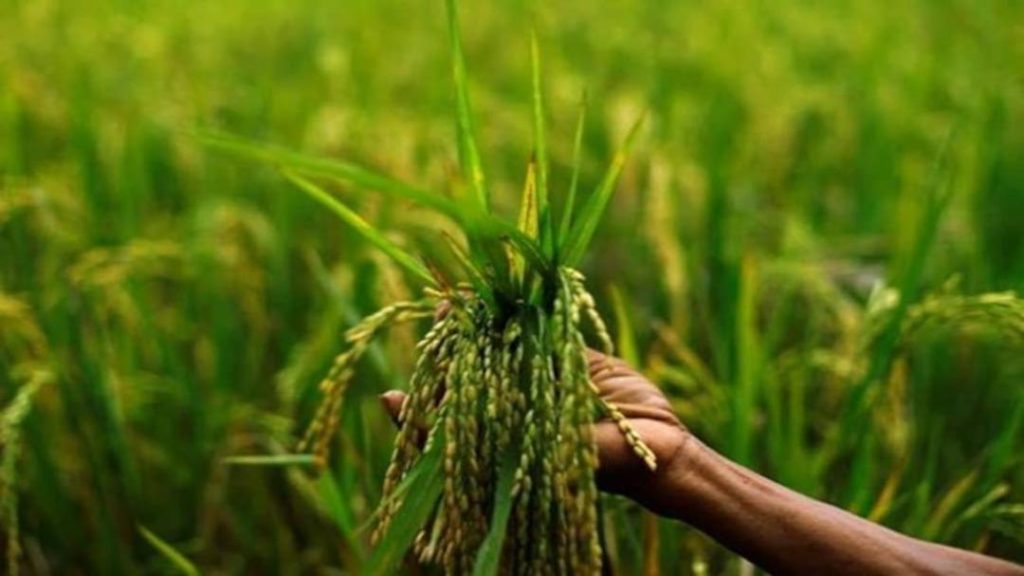
India Cutting Chenab’s Supply Will Increase Water Shortage & Impact Crops, Accepts Pakistan
The ongoing dispute between India and Pakistan over the Indus Waters Treaty (IWT) has taken a new turn, with Pakistan’s Indus River System Authority (IRSA) accepting that India’s decision to cut the flow of the Chenab river would increase water shortages across the country. The IRSA has warned that the move will also have a significant impact on kharif crops, which are already estimated to face a shortage of 21% for the remaining early kharif season.
The IWT, signed in 1960, divides the waters of six rivers – Indus, Jhelum, Chenab, Ravi, Beas, and Sutlej – between India and Pakistan. The treaty was designed to ensure that both countries receive a fair share of the waters, but tensions have been rising in recent years over India’s construction of dams and hydroelectric projects on the Chenab river.
In September 2020, India suspended the IWT, citing that Pakistan had failed to implement the treaty’s provisions. Since then, India has been restricting the flow of water from the Chenab river, citing “technical issues” and “unforeseen circumstances”. Pakistan has accused India of violating the treaty and causing significant harm to its agriculture sector.
The IRSA has estimated that the water shortage in the late kharif season will be around 7%. “The reduction in the flow of the Chenab river will have a direct impact on the water availability in the country, particularly in the late kharif season,” said a senior IRSA official. “This will not only affect the agriculture sector but also the overall economy of the country.”
The impact on kharif crops is expected to be significant, with the IRSA warning that the reduction in water supply will lead to a decline in crop yields and a reduction in agricultural production. The kharif season, which runs from June to October, is critical for Pakistan’s agriculture sector, with crops such as cotton, rice, and wheat being major contributors to the country’s economy.
India has justified its decision to cut the flow of the Chenab river, saying that it is necessary to ensure the stability of its own hydroelectric projects. However, Pakistan has accused India of using the IWT as a “bargaining chip” to pressure Pakistan into accepting its demands.
The dispute over the IWT has been ongoing for several years, with both countries trading accusations and counter-accusations. In 2016, India and Pakistan agreed to set up a court of arbitration to resolve the dispute, but the talks have made little progress.
The impact of the water shortage on Pakistan’s agriculture sector is already being felt, with farmers struggling to irrigate their crops due to the reduced water supply. The Pakistan Agricultural Research Council (PARC) has warned that the water shortage will not only affect crop yields but also lead to a decline in the quality of crops.
The situation is expected to worsen in the coming months, with the IRSA warning that the water shortage will continue to worsen unless India resumes the normal flow of water from the Chenab river. In the meantime, Pakistan is exploring alternative sources of water, including underground water and desalination plants.
The dispute over the IWT highlights the importance of international agreements and the need for countries to work together to resolve disputes. The IWT was designed to ensure that both India and Pakistan receive a fair share of the waters, but the current situation suggests that the agreement is no longer working.
In conclusion, the decision by India to cut the flow of the Chenab river has significant implications for Pakistan’s water supply and agriculture sector. The IRSA has warned that the move will increase water shortages across the country and impact kharif crops, which are already estimated to face a shortage of 21% for the remaining early kharif season. The situation is expected to worsen unless India resumes the normal flow of water from the Chenab river, highlighting the need for both countries to work together to resolve the dispute.






